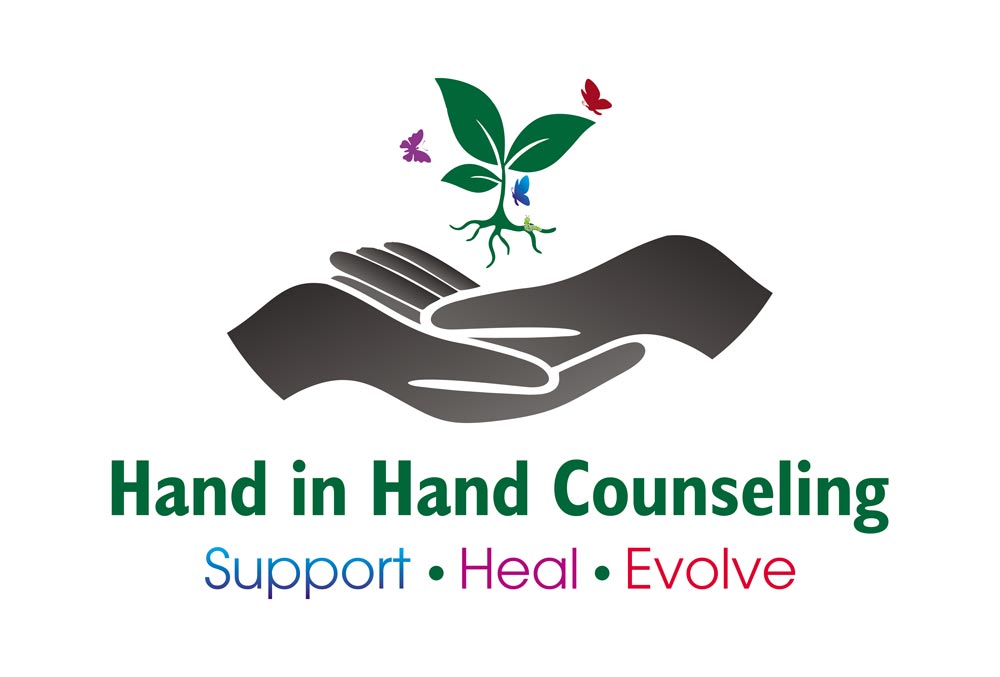Frequently Asked Questions
Therapy, also called psychotherapy or counseling, is the process of talking to a trained professional about a wide range of life challenges: emotional distress, anxiety, family difficulties, mood disorder, grief and loss, or relationship discourse. It can also be used to aid in personal growth, meet personal goals, and improve the ability to cope with stress and everyday challenges.
Your first appointment will primarily be a time for your therapist to learn about you as a unique individual and understand your goal(s) for seeking therapy. The therapist may also make recommendations regarding the frequency and intensity of treatment based on her evaluation.
These include, but are not limited to:
* Depression or other mood disorders
* Anxiety disorder, phobias, social anxiety, or panic attacks
* Grief and loss
* Anger management
* Abuse or trauma
* Marital/Relationship problems
* Attention deficit disorder, learning disorder
* Work problems
* Divorce and separation
* Family problems, including blended family issues
* Stress management
* Child behavioral and emotional problems
* Obsessive thinking or compulsive behavior
* Trauma or other post traumatic stress disorder
- Individual Counseling Sessions are approximately 50-53 minutes
- Single Solution-Focused Therapy Sessions are 90 minutes.
There is no one size fits all treatment plan. During the intake session, we will discuss the frequency and duration. Through the course of treatment, I may reduce how often we meet to give you opportunities to practice skills independently and face challenges with less support.
I have a 24-hour cancellation policy. If you need to cancel, please call 813-708-4088 or email support@handinhandcoun.com. Clients that cancel with less than 24-hour notice may incur a late-cancellation fee.
Research shows that the quality of the relationship between the clinician and the client is one of the most important predictors of successful treatment. I will do everything possible to develop a robust therapeutic relationship. Attending therapy is about YOU – receiving support, healing, and evolving.
The No Surprises Act protects you from receiving unexpected medical bills. The Good Faith Estimate provision of the No Surprises Act is intended to give you an estimate of how much you will be charged.
- You have the right to receive a Good Faith Estimate for the total expected cost of any non-emergency items or services. This includes related costs like medical tests, prescription drugs, equipment, and hospital fees.
- Make sure your healthcare provider gives you a Good Faith Estimate in writing at least one business day before your medical service or item. You can also ask your healthcare provider and any other provider you choose for a Good Faith Estimate before you schedule an item or service.
- If you receive a bill that is at least $400 more than your Good Faith Estimate, you can dispute the bill. Make sure to save a copy or picture of your Good Faith Estimate.
For questions or more information about your right to a Good Faith Estimate, visit http://www.cms.gov/nosurprises or call (800) 368-1019.
